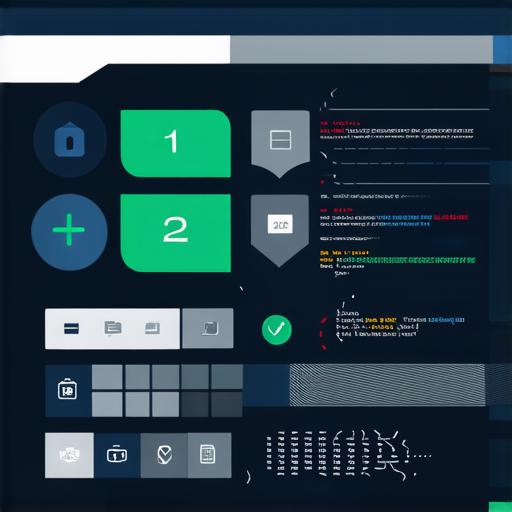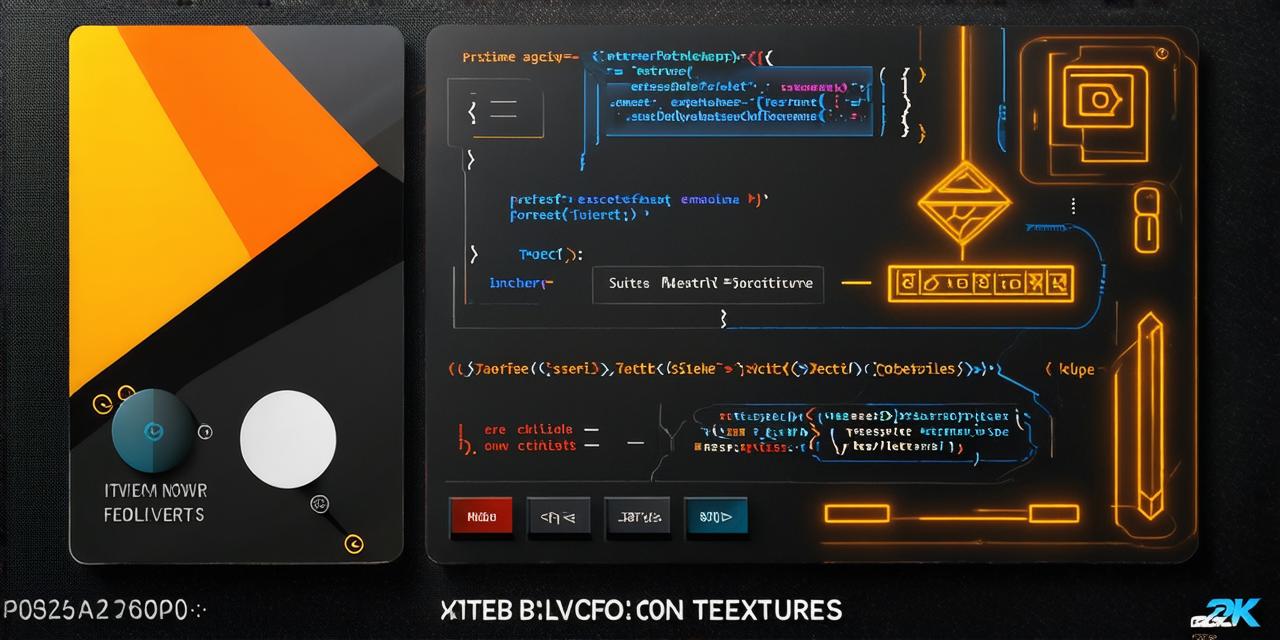Is math necessary for web development?
In the realm of web development, a common question echoes: “Is math necessary?” Let’s delve deeper into this intriguing query and unravel the truth.
The Intersection of Math and Code
Math is not just about equations and formulas; it’s about logic, patterns, and problem-solving—skills that are indispensable in web development. Consider a simple website layout: understanding how to arrange elements proportionally requires an understanding of ratios and proportions, a fundamental aspect of mathematics. This concept is crucial when designing responsive layouts that adapt to various screen sizes.
Case Study: The Web Developer’s Journey
Take the journey of John, a self-taught web developer. He started with HTML and CSS, learning about margins, padding, and responsive design—all concepts rooted in math. As he delved deeper into JavaScript, he grappled with functions, loops, and recursion—concepts that are essentially mathematical algorithms. For instance, a loop is a mathematical concept of repeating an action a certain number of times, while recursion is a method used to solve problems by breaking them down into smaller, simpler sub-problems, which is a fundamental concept in mathematics and computer science.
The Role of Math in Modern Web Development
In today’s dynamic web landscape, math plays a pivotal role. From animations using CSS3 transforms and transitions to complex data visualizations with D3.js, math is omnipresent. Even front-end frameworks like React and Angular rely on mathematical concepts for efficient rendering of components. For example, understanding trigonometry can help in creating dynamic animations or calculating angles for rotations in CSS transforms.
The Experiment: Math vs. Code
To substantiate this claim, let’s conduct a simple experiment. Try to create a responsive layout without understanding the math behind percentages, pixels, and viewport units. You’ll soon realize that while you can write code, it won’t function as intended without the mathematical foundation. This experiment underscores the importance of math in web development.
Expert Opinion: The Math-Code Connection
“Math is the backbone of web development,” says Sarah Drasner, a renowned web developer and educator. “It’s not just about understanding equations; it’s about seeing patterns, solving problems, and creating solutions.” This sentiment is echoed by many experts in the field who emphasize the importance of mathematical thinking in web development.
In Conclusion: Embracing Math in Web Development

So, is math necessary for web development? Absolutely! It’s not about memorizing complex formulas but about understanding the logic and problem-solving skills that math provides. Embrace this connection, and watch your web development skills soar to new heights.
FAQs
1. Q: Can I be a web developer without knowing much math?
A: While it’s possible, understanding the mathematical concepts behind web development will make you a more effective and efficient developer.
2. Q: What kind of math is most relevant to web development?
A: Concepts such as ratios, proportions, geometry, algebra, and trigonometry are all useful in web development. Understanding these concepts can help you create responsive designs, animate elements, and manipulate data effectively.
3. Q: Are there any resources for learning the math needed for web development?
A: Yes! There are numerous online resources, including Khan Academy, Coursera, and freeCodeCamp, which offer courses on mathematics specifically tailored to web developers. Additionally, many coding bootcamps and universities offer courses that integrate both programming and mathematics.
